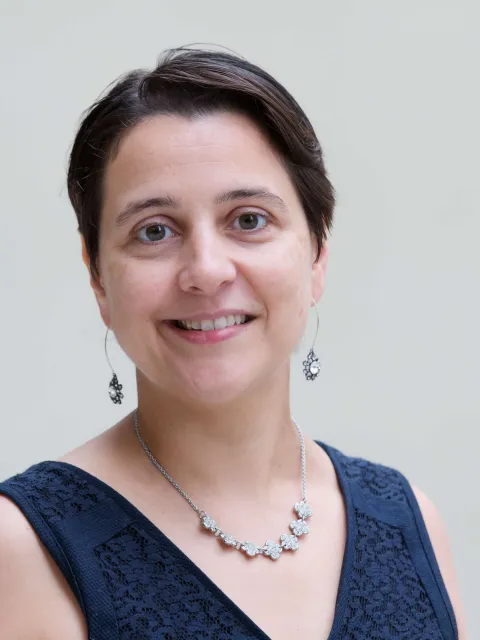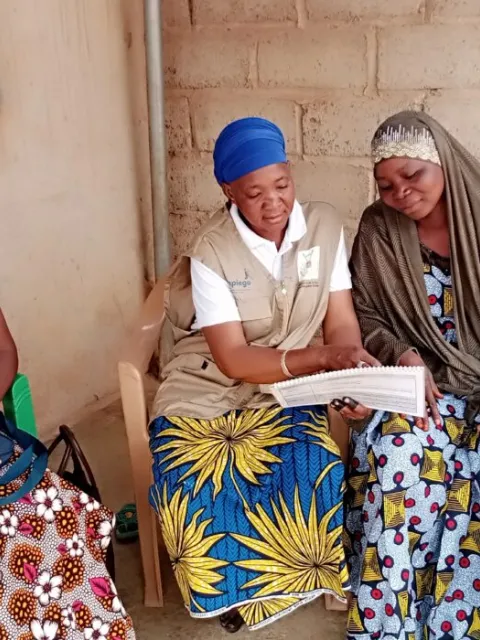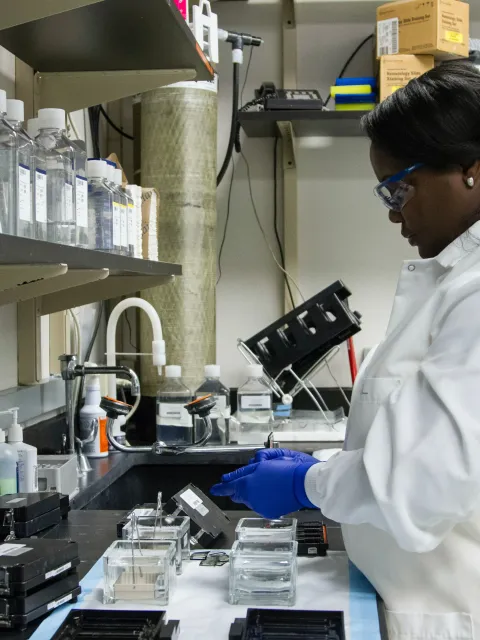Cancer care considerations for sexual and gender minorities

It may surprise you to know that lesbian, gay, bisexual, transgender, queer, and intersex (LGBTQI) people have unique cancer prevention, screening, treatment, and survivorship needs. Why does it matter whom you love or what a person’s gender identity is when it comes to cancer? The answer to this question is complex. Social determinants of health, sex-based genes and relational differences from mainstream society all play a part.
In a year where the world has faced a global pandemic, and the United States is mired in racial conflict, this blog aims to highlight cancer care considerations for sexual and gender minorities—who are part of every race, culture, and nation. The author wishes to acknowledge that all forms of discrimination undermine public health outcomes globally, including cancer prevention and cancer survival. This blog highlights unique challenges to LGBTQI patient care while acknowledging that microaggressions, blatant discrimination, and physical aggression compromise the health of all people. As the American writer Eldridge Cleaver, a prostate cancer survivor, said, “If you are not part of the solution, you are part of the problem.” Let’s all find ways to examine our biases and cultivate inclusivity and compassion. Discrimination hurts all of us.
Social barriers
Like racial and ethnic minorities, LGBTQI people are more likely to face routine microaggressions. Microaggressions are comments or behaviours that are hostile or negative toward a marginalised group, resulting in some people developing maladaptive coping strategies to deal with latent and explicit aggression such as smoking, drinking alcohol and problematic drug use leading to greater risk for many cancers.
The person performing the microaggression most often does not realise they are coming across as insulting, biased, or unwelcoming. The perception of heterosexuality as ‘normal’ is an example. Of course, the point is not that heterosexuality is not normal! The point is that there is a healthy range of human sexuality and dismissing same-sex behaviour as abnormal is hostile toward LGBTQI people. For transgender and gender diverse individuals, assuming that people who are not transgender are ‘normal’ and transgender people are 'abnormal' is similarly insulting.
System-level factors often perpetuate this bias. The Movement Advance Project tracks social policies that facilitate or hinder LGBTQI peoples’ ability to be parents, to change their gender identity documents in the U.S, and to access non-discriminatory health care. Globally, 76 countries continue to criminalise same-sex practices, with the penalty for same-sex behaviour in these countries varying from discrimination to the death penalty.
The criminalisation of same-sex practices in certain countries creates additional barriers in terms of access to cancer treatment and care due to health professionals not being able to treat LGBTQI patients. However, even in countries where same-sex practices are not banned and where there are anti-discrimination laws, some doctors mistreat or deny service to LGBTQI people out of prejudice, leading to late diagnosis and ultimately, loss of life.
Cancer diagnosis and treatment challenges
Cancer screening and treatment differences mostly affect transgender and intersex individuals but affirming and relevant supportive care is a critical need for all LGBTQI patients. Transgender and gender diverse patients, however, may be taking exogenous hormones that modify risks for cancer. Estrogen is a known risk factor for breast cancer, so—based on our best clinical knowledge--transgender women over the age of 50 who have had more than five years of estrogen exposure should start getting mammograms. Transgender men over the age of 21 who retain a cervix still need cervical exams and/or HPV testing but testosterone may alter histology, making pap smears sometimes difficult to read. Additionally, hormone status and sex chromosomes may alter the effects of certain pharmacotherapies; so knowing a patient’s sex assigned at birth as well as any exogenous hormones is critical to provide quality cancer treatment. Intersex patients need care to be tailored to their anatomy, chromosome status and gender identity.
Despite knowing that transgender and intersex patients require careful clinical management, we have almost no research to guide evidence-based practices in these populations. All patients need to have their social support network and caregivers acknowledged and included in their care, regardless of sexual orientation.
Finally, post-treatment challenges for LGBTQI patients also differ from the mainstream. On the one hand, some groups experience greater resilience post-treatment as a result of learning to adapt to adversity early in life. On the other hand, assuming that all cancer patients want and can benefit from the same things can lead to disaffirming care. For example, not all LBTQI people who have had surgery for breast cancer wish for female breast reconstruction, and existing drugs are inadequate to support same-sex intercourse for prostate cancer patients.
How can we do better?
Incorporate a health equity lens into all of your programme plans. Examine who benefits and who lags behind in terms of access to care, survival and quality of life, based on policies, protocols and programmes in your setting. Examine who is surviving and who is dying sooner, and ask why this is the case. Incorporate ongoing quality improvement with health equity at the centre of what it means to be successful. Ultimately, as a cancer care enterprise, we are not making progress if only some people benefit from our efforts. We can do better. Knowing my global cancer researcher and clinician friends and colleagues and their tireless efforts, I know we will do better.
Our research and clinical enterprises continue to fail LGBTQI people. For a more in-depth look at Cancer Care Considerations for Sexual and Gender Minorities, check out my full article in Oncology Issues.
Resources
- Pause and Practice: Meditate & Connect to Community
- Guided Meditation: Compassion Visualization
- You Can’t Meditate This Away (Race, Rage, and the Responsibilities of Meditators): Ten Percent Happier Podcast
- National LGBT Cancer Network
- SAGE: Support for LGBTQI elders
References
- Movement Advancement Project. (2020). http://www.lgbtmap.org/equality-maps
- International Day Against Homophobia, Transphobia, & Biphobia. (2017). 76 countries still place criminal sanctions on homosexuality. https://dayagainsthomophobia.org/44-of-world-population-still-lives-under-criminal-sanctions-for-homosexuality-report-reveals/
- Union for International Cancer Control. (2020). World Cancer Congress. https://www.worldcancercongress.org/
- Equaldex. (2020). LGBT Rights in Oman. https://www.equaldex.com/region/oman
- Pratt-Chapman, M.L., Potter, J. (2019). Cancer care considerations for sexual and gender minorities. Oncology Issues. https://doi.org/10.1080/10463356.2019.1667673
Last update
Sunday 02 April 2023Share this page


